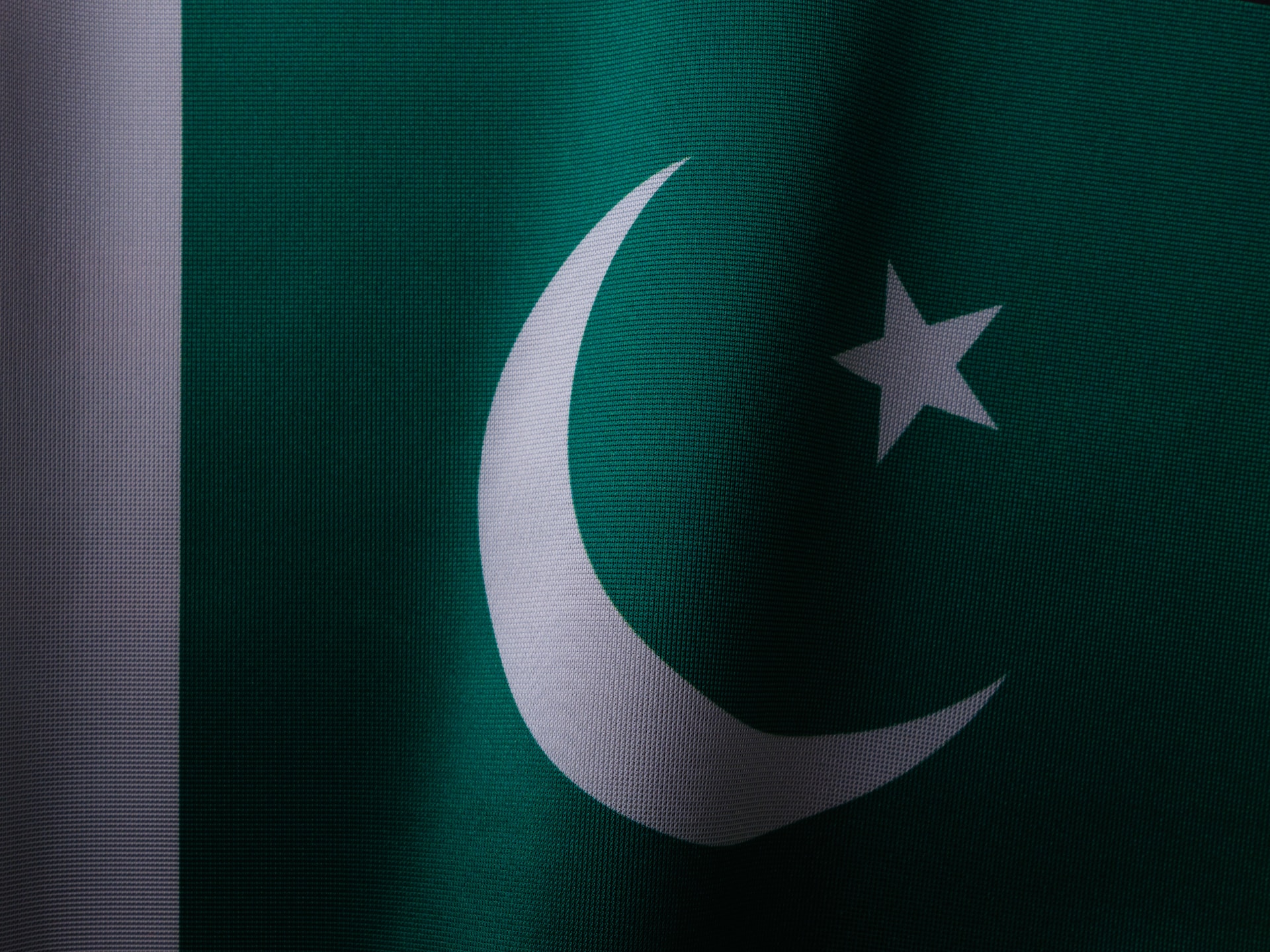Pakistan heavily relies on imports to meet its domestic needs and support its economic growth. The major imports of Pakistan include petroleum and petroleum products, machinery and electrical equipment, iron and steel, electrical machinery and equipment, plastics and plastic articles, organic chemicals, vehicles and automotive parts, pharmaceutical products, mineral fuels and oils, and inorganic chemicals. Pakistan's closest trading partners vary across different categories, with China emerging as a significant trading partner in several sectors due to its strong economic ties with Pakistan. Other notable trading partners include the United States, Germany, Saudi Arabia, the United Arab Emirates (UAE), and Japan. Understanding these import trends and partnerships is crucial for analyzing Pakistan's economic landscape, identifying areas of collaboration, and formulating effective trade policies.
Petroleum and Petroleum Products:
Petroleum and petroleum products hold the top position in Pakistan's imports by volume. The import value for this category is significant, reaching approximately $12 billion. Pakistan heavily relies on imports to meet its energy needs and support its transportation, industrial, and agricultural sectors. The primary trading partners for petroleum and petroleum products are Saudi Arabia, the United Arab Emirates (UAE), and Kuwait.
Machinery and Electrical Equipment:
Machinery and electrical equipment play a crucial role in Pakistan's industrial development. The import value for this category is substantial, reaching around $8 billion. Pakistan relies on imports for machinery, generators, electrical appliances, and telecommunications equipment. The primary trading partners for machinery and electrical equipment are China, the United States, and Germany.
Iron and Steel:
Imported iron and steel are essential for construction and manufacturing in Pakistan. The import value for this category is notable, reaching approximately $4 billion. Pakistan relies on imports to support infrastructure projects, housing construction, and the automotive industry. The primary trading partners for iron and steel imports are China, South Korea, and Japan.
Electrical Machinery and Equipment:
Electrical machinery and equipment are crucial for Pakistan's technological advancement. The import value for this category is significant, reaching around $3 billion. Pakistan relies on imports for electrical appliances, transformers, and telecommunications equipment. The primary trading partners for electrical machinery and equipment are China, the United States, and Germany.
Plastics and Plastic Articles:
Pakistan imports a significant amount of plastics and plastic articles for various purposes. The import value for this category is substantial, reaching approximately $2.5 billion. Pakistan relies on imports for packaging materials, construction products, and consumer goods. The primary trading partners for plastics and plastic articles are China, the United Arab Emirates (UAE), and Saudi Arabia.
Organic Chemicals:
Imported organic chemicals are used in various industries in Pakistan. The import value for this category is notable, reaching around $2 billion. Pakistan relies on imports for chemicals used in pharmaceuticals, fertilizers, and manufacturing processes. The primary trading partners for organic chemical imports are China, Saudi Arabia, and the United States.
Vehicles and Automotive Parts:
Imported vehicles and automotive parts are crucial for transportation in Pakistan. The import value for this category is significant, reaching approximately $1.8 billion. Pakistan relies on imports to meet the demand for automobiles and support its automotive industry. The primary trading partners for vehicle and automotive parts imports are Japan, the United Kingdom, and China.
Pharmaceutical Products:
Pharmaceutical products are vital for Pakistan's healthcare sector. The import value for this category is substantial, reaching around $1.5 billion. Pakistan relies on imports to meet its pharmaceutical needs and ensure quality healthcare services. The primary trading partners for pharmaceutical imports are Switzerland, Germany, and India.
Mineral Fuels and Oils:
Imported mineral fuels and oils are crucial for Pakistan's energy requirements. The import value for this category is notable, reaching approximately $1.4 billion. Pakistan heavily relies on imports to meet its energy needs and support various industries. The primary trading partners for mineral fuels and oils are Saudi Arabia, the United Arab Emirates (UAE), and Kuwait.
Inorganic Chemicals:
Inorganic chemicals are important for various industries in Pakistan, including agriculture, manufacturing, and construction. The import value for this category is notable, reaching approximately $1 billion. Pakistan relies on imports for chemicals such as fertilizers, acids, and salts. The primary trading partners for inorganic chemical imports are China, the United States, and Germany.
Related Information








